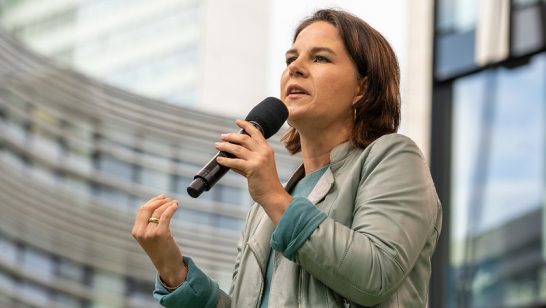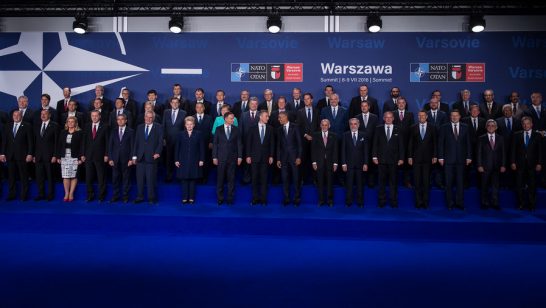
From the moment in late December when Ukrainian President Petro Poroshenko announced – as it turns out, prematurely – that there would be a heads-of-state meeting in the so-called Normandy format on January 15 in Astana, observers have been keenly awaiting signs of a breakthrough in the Ukraine crisis talks. Instead, the summit has been called off, tensions have spiked on the ground in the Donbas in recent days, and Poroshenko has called for a new round of mobilization. What happened?
To understand what’s going on, it is important to look at previous attempts at summitry and high-level engagement since this crisis began in late February. There have been many: Brisbane, Milan, Minsk, Normandy, Berlin, Geneva, Brussels, Moscow’s Vnukovo Airport and Paris all played host to Ukraine crisis meetings. With the partial but important exception of Minsk, those meetings did not produce much of substance.
The explanation for this string of failures is relatively straightforward: the parties to this conflict are as far if not farther apart in their understandings of the key underlying issues than they were when the crisis began. We can expect the Ukraine crisis to continue in some form until these root causes are at least ameliorated, if not fully addressed.
At the strategic level, the crisis stems from the failure of the post-Cold War European and Euro-Atlantic institutional architecture to achieve its stated aim of creating a Europe that was whole, free and at peace. Instead, Russia has seen the eastward enlargement of the European Union and NATO as an economic and security threat, while its neighbors see joining these institutions as not only the key to prosperity and security but also as the only means of keeping Moscow’s imperial ambitions at bay.
This thorny set of issues is what Moscow wants to talk about. The Kremlin sees Ukraine as merely the most acute case of a problem that extends across what used to be known as the EU-Russia “common neighborhood.” Ukraine’s fate is therefore tied to the broader conflict between Russia and the West, which will not come to an end until some agreement is reached on the European-integration agenda.
But the West does not want to engage in a discussion – let alone a renegotiation – with Russia of the European institutional order. And for understandable reasons: after annexing one part of its neighbor’s territory and sowing instability in another while lying about what it was up to, Russia has done its own cause no favors. (To say nothing of Moscow’s indirect responsibility for the death of 300 innocents on MH17.) So European leaders approached Astana with an expectation of fulfillment of the Minsk agreements, not a relitigation of the Helsinki Final Act.
Kremlin policymakers seem convinced that even if they had behaved differently in recent months, there still would have been no willingness in the West to discuss regional order issues seriously. They have a point. Russia is asking for a say on matters that the US and Europe have always considered to be none of its business. The dismissive Western reaction to then President Medvedev’s draft European Security Treaty in 2009 is a case in point.
Therefore rather than expecting a quick settlement, we should be preparing for a sustained period of disequilibrium and instability first and foremost for Ukraine, but also for Russia, Europe and the international system as a whole. Barring a sea change in the policies of one or more of the parties, summitry cannot possibly resolve the crisis.
The opinions articulated above represent the views of the author(s), and do not necessarily reflect the position of the European Leadership Network or any of its members. The ELN’s aim is to encourage debates that will help develop Europe’s capacity to address the pressing foreign, defence, and security challenges of our time.



